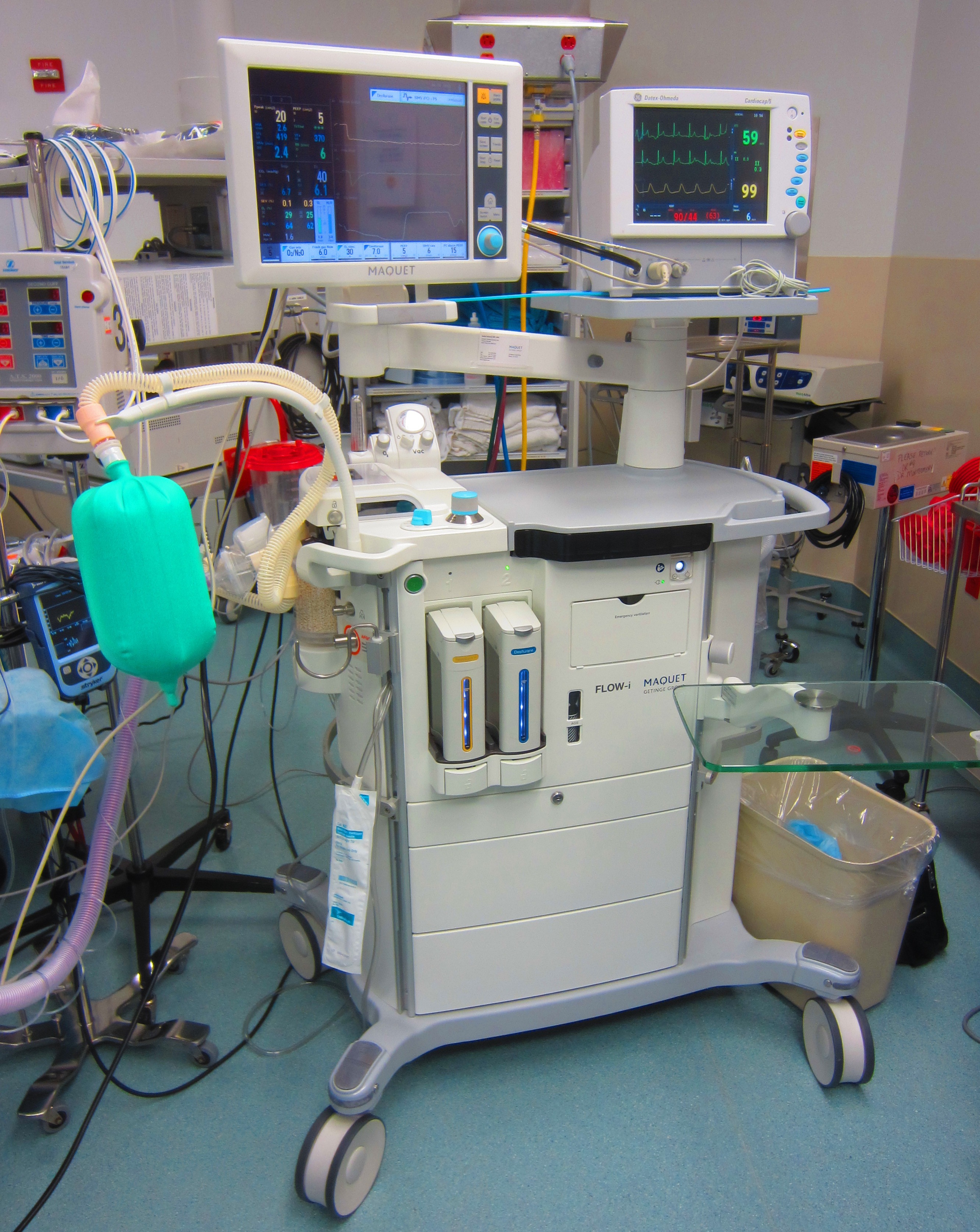
Are baby monitors useful in SIDS prevention?
The fear
Parents frequently rely on baby monitoring to safeguard infants from sudden infant death syndrome (SIDS). They believe that monitoring might prevent an unexplained departure than can occur to apparently healthy children during sleep.
The problem is that they shouldn’t do it.
SIDS occurs without apparent struggle or noise. It has a name “sudden” for a reason.
The American Academy of Pediatrics has stated that home cardiorespiratory monitors should not be used to reduce SIDS risk. There is no clinical evidence that using such devices decreases the risk of SIDS. However, several companies mention SIDS as one of their motivation for developing new kind of wearable baby monitors. They offer a false sense of security, but often the way they are marketed triggers even more fear in parents. The whole industry is growing at astounding rate as a result of parents’ anxiety.
The device
Several baby monitors, instead of providing a passive tracking service (voice, sometimes video), measure different aspects of infant’s physiology, such as heart rate, diaphragm movement or oxygen levels in blood. You need to remember, that these are not medical devices – claims that the measured vitals are assessed correctly has not been proved by an proper research procedure such as randomized control trial. David King, author of a recent commentary in BMJ on usage of wearable baby monitors, writes that such monitoring can be useful in some circumstances, where usage of medical cardiomonitor is recommended anyway (for example, for low birth weight infants). However, none of the new generation baby monitors is approved by FDA for such task and all are sold as consumer devices. David King complains that information given to parents is incomplete. He suggests that physicians should not recommend such devices to parents, but instead they should teach parents about methods that are known to work, such as putting baby to sleep on its back.
The choice
While there is nothing fundamentally wrong with keeping an eye on vitals of one’s beloved baby, you should remember that doing so won’t do anything to protect it from SIDS. So, given the choice what should you do?
We suggest two options:
For infant, use typical baby monitor.
Baby monitor is important for couple of reasons. You are immediately aware that a child is crying. Long periods of crying can lead to hyperventilation, which might in rare circumstances have negative consequences. It increases acidicity in brains of adults, so it’s likely it won’t do anything good to an infant.
Our favorite baby monitor is AVENT series of DECT baby monitors developed with Philips. DECT technology means that voice transmission is crystal clear and the range of connection is significant to span two story house. Don’t buy monitor without this feature, otherwise you are going to constantly struggle to separate your little one’s voice from the noise other transmission technologies have. The base station has a night light that you can turn off, so it won’t bother your baby during sleep.
For older children, you can experiment with wearables.
These are not medical devices, so their measurements shouldn’t be treated with absolute trust. On the other hand, even if they are systematically off, you can learn a bit on the patterns of your child’s sleep. For example, movement pattern should indicate if a particular night was calm or not, even if baby didn’t wake up. If it wasn’t that could be a result of some food, which the baby had problems to ingest. Our favourite device was Memo Baby monitor. Despite being advertised as real-time, it’s not really device that will provide you with instant alarms when something is presumably wrong. Delays reported by customers reach even 5 minutes. It also doesn’t have any audio or video transmission, so many parents would disqualify it as a baby monitor. We would so also, but our stance is that it’s not a replacement for AVENT mentioned above, but rather a complementary device. It will help you to understand your child’s physiology in relatively unobtrusive way.
Summary
There is no device that can protect your child from SIDS risk. However, it doesn’t mean you should trash all baby monitors. As long as you remember what limits they have and the fact that they are not replacement of parent’s care, they can be very useful. Don’t overdo this though – it won’t help your baby, but you will pay much higher price (literally and figuratively).

